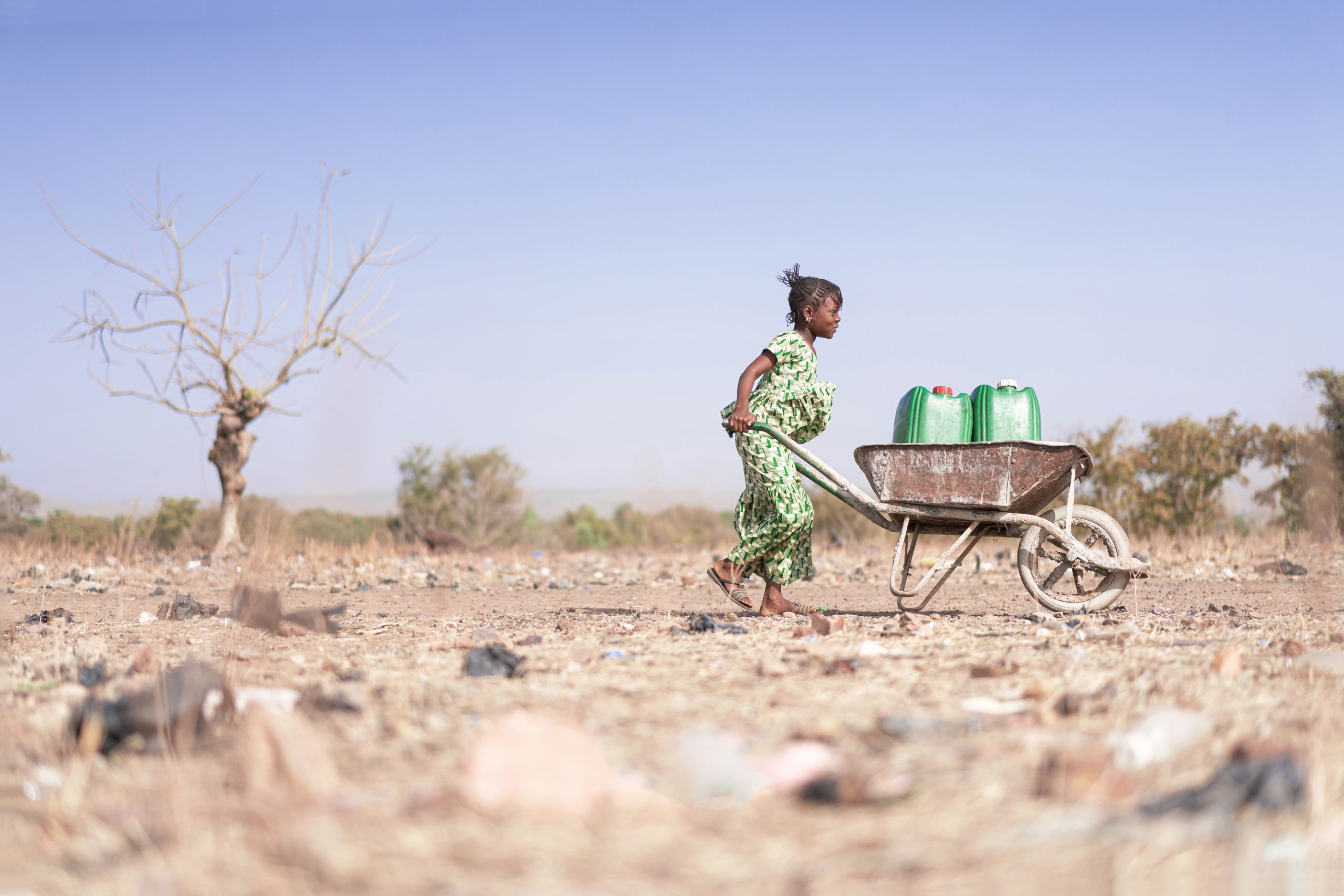The growing threat to Zimbabwe's food security
May 13, 2024

Zimbabwe’s economy heavily depends on agriculture, which contributes about 30 % to its Gross Domestic Product. The country’s food production, especially among small-scale rainfed farmers who make up 70 – 8 0% of the farming population, is significantly affected by climate change. This article explores the multifaceted impact of climate change on agriculture in Zimbabwe.
Erratic rainfall patterns and their consequences
Climate change has led to unpredictable rainfall patterns in Zimbabwe, characterized by delayed rain onset, prolonged mid-season dry spells, and shorter rainy seasons. These erratic patterns disrupt planting schedules, reduce crop yields, and can lead to complete crop failures. The variability makes it difficult for farmers to manage water resources and protect crops from extreme weather, thus complicating their farming strategies.
The challenge of water scarcity
As temperatures rise and precipitation patterns shift, water scarcity becomes a critical issue for Zimbabwean farmers. Limited irrigation options and the lack of reliable water sources not only reduce crop productivity but also increase vulnerability to droughts. This scarcity exacerbates food insecurity and contributes to economic hardships, particularly in rural communities.
Increased pest and disease pressure
Climate change is exacerbating the conditions for pests and diseases in Zimbabwe, posing a severe threat to agricultural productivity. Farmers face challenges with field pests such as the fall armyworm for maize and cotton, mealybug for cotton, and rust in tobacco. The tomato pest Tuta absoluta, acaricide-resistant ticks in cattle, and foot and mouth disease also significantly threaten livestock and crops. Moreover, post-harvest losses are increased by issues like maize lethal necrosis virus, further undermining food security. The increasing frequency and intensity of these infestations and outbreaks demand robust control measures and resilient farming practices to safeguard crops and ensure sustainable food production.
Heat stress – a growing concern
Rising temperatures cause heat stress on crops, affecting their growth and development. This stress can lead to diminished yields and lower-quality produce, which impacts food availability and nutritional content. Zimbabwean farmers must find innovative ways to manage heat stress to maintain productivity despite climate variability.
Loss of livelihoods as a socioeconomic impact
The adverse effects of climate change extend beyond crop production, leading to loss of livelihoods among smallholder farmers. Economic hardships, increased food insecurity, and heightened poverty levels often result from crop failures and reduced yields. The struggle to sustain agricultural livelihoods under these conditions can exacerbate social inequalities and drive rural-urban migration.
Steps toward resilience
Addressing the challenges posed by climate change to Zimbabwe’s food production requires a multifaceted approach. This includes implementing adaptation strategies, promoting sustainable agricultural practices, and investing in resilience-building measures. Through collaboration with local partners, initiatives like SAFE4ALL aim to enhance resilience and support sustainable agriculture to mitigate the impact of climate change on food production and improve the livelihoods of rural communities in Zimbabwe.
This comprehensive look at the challenges and necessary responses highlights the urgency and importance of addressing climate change effects on agriculture in Zimbabwe to ensure food security and economic stability.
